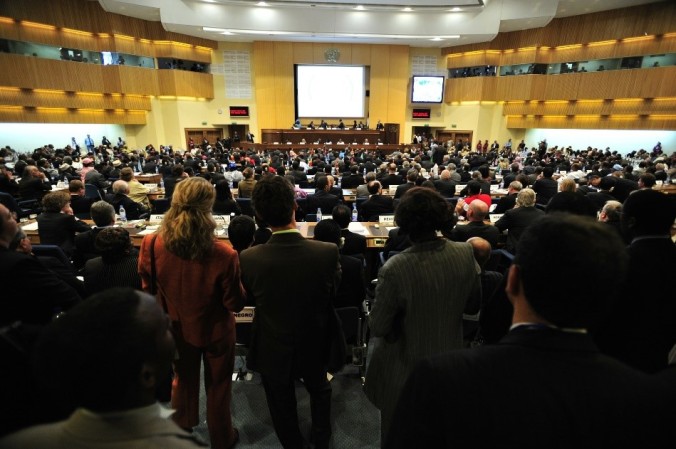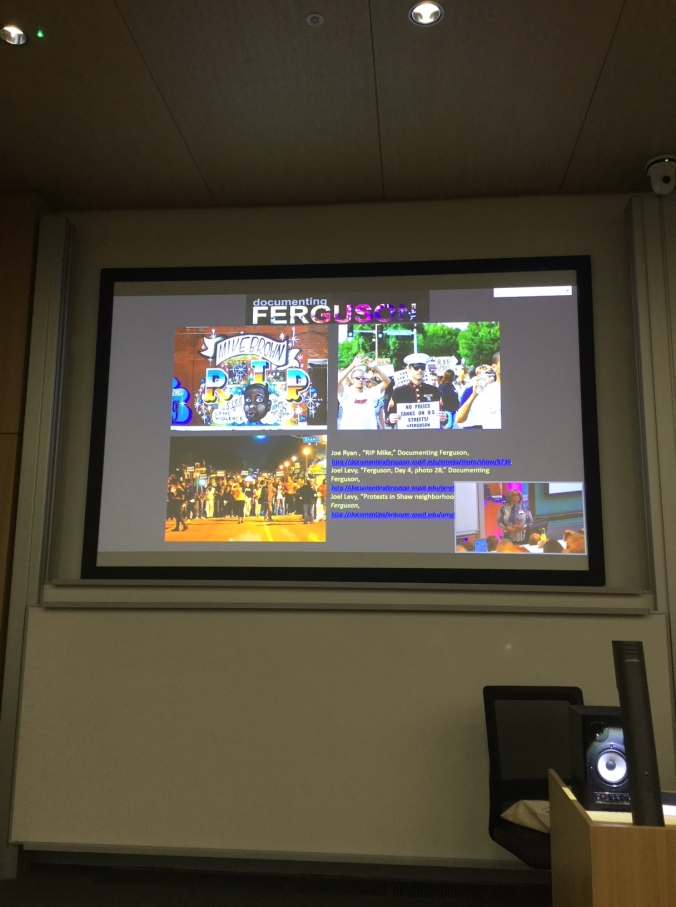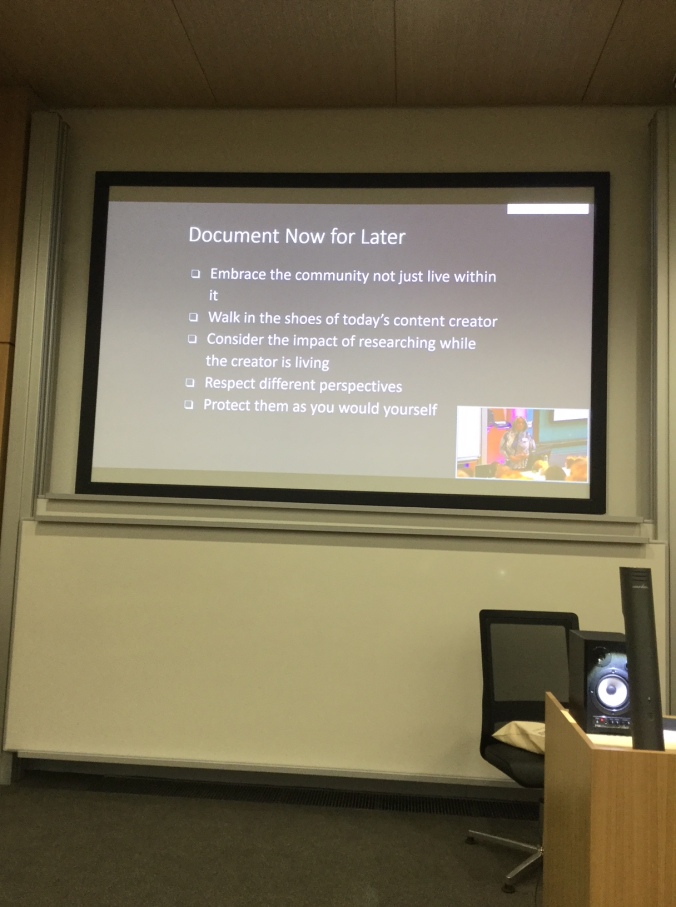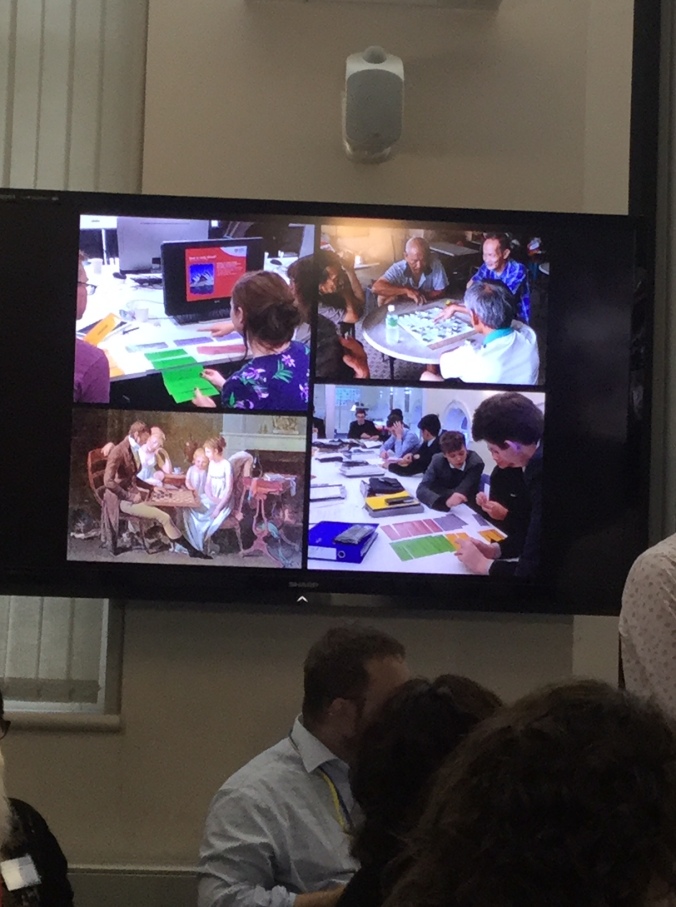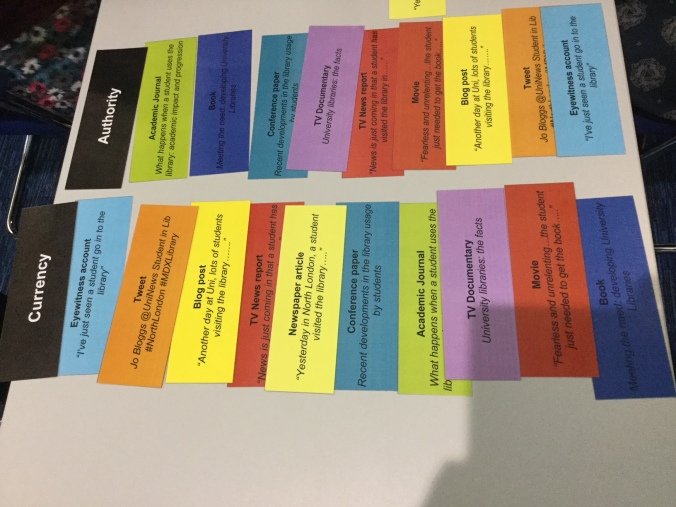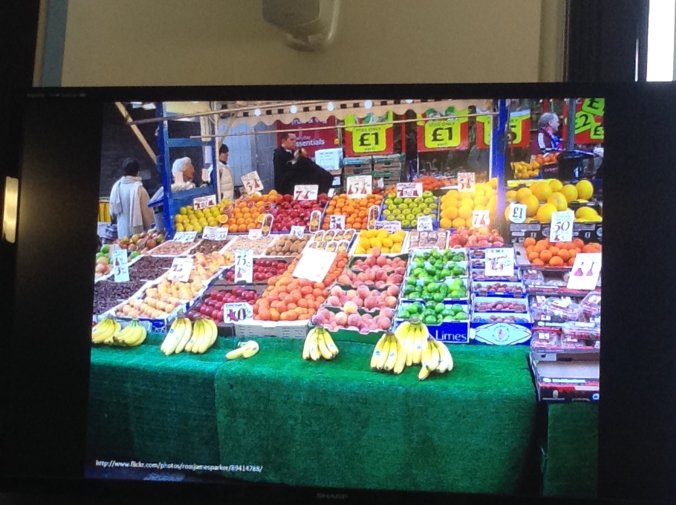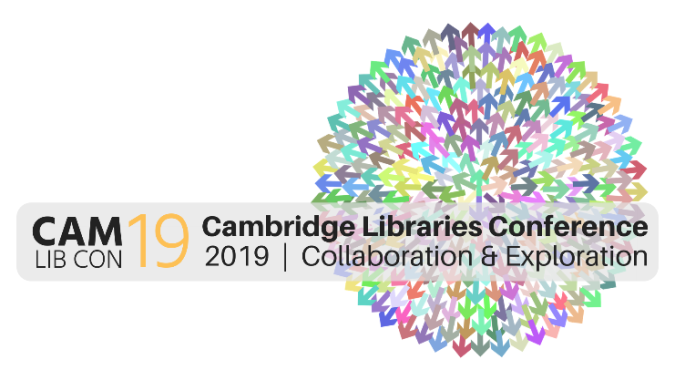
The annual day libraries@cambridge is a highlight across the University of Cambridge libraries and colleges. This year’s conference theme was “Collaboration and Exploration”. For this year’s conference I was in the unusual position of being part of the conference organising time (speaker liaison) as well as my usual role of delegate and sometimes presenter. As I already had 2 roles I decided taking on a presenting role in addition would be too much.
Initial conference preparations began in August 2018 with the formation of the committee. No conference prep can fully begin until the conference theme was agreed, the decision of which was made within a week. I had the role of speaker liaison, see below for more information
Role: Speaker Liaison
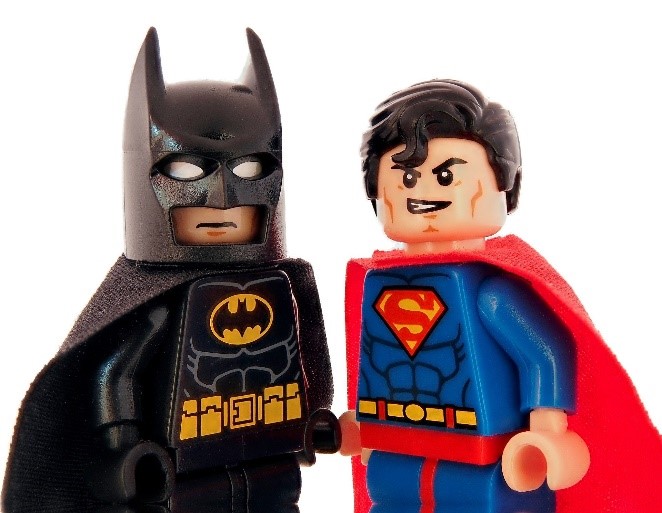
– Main Responsibilities:
- working with Committee Chairs and to decide which Speakers to approach
- contacting potential speakers and providing background information about the Conference and theme
- assisting in organising transport and accommodation for Speakers
- liaising with Venue and Timetabling committee members to ensure that Speaker’s presentation needs are met
- liaising with Ticketing and Social Media committee members to ensure relevant information about Speakers is available to promote prior to the Conference
- be an ‘on the day’ contact point for speakers at the conference
I helped to identify potential speakers and make initial contact, provide information to them of the conference day, help with accommodation and equipment needs, organise their presentations to be available when they presented, obtain permission to share their photo and presentation, obtain a short biography of them, be a recognised contact for the presenters on conference day, arrange taxis and time sessions. Post conference thank the presenters and ensure they knew how to file any expenses.
On the day of the conference I had responsibilities in my committee role. Therefore, the experience of conference delegate was very different to my usual one. For most of the sessions I was involved with, I was either charged with timing the sessions; making sure each speaker had their allotted time and the session did not over run or introducing/thanking the speakers. With this in mind I did not have my usual opportunity to tweet or take many notes from the presentations. Standouts for me were;
Dr Philippa Sheail (Edinburgh University Library) keynote speaker – “What makes a library?” From Dr Sheails talk it was perfectly clear that the library environment and staff are too jargon heavy. “Loan”, “self-issue machine”, “inter-library-loan” for example, what does this actually mean to people who enter through our library doors and use the services provided? One respondent in a survey opined the term Loan suggested a payment was due. We also found out what libraries smell like to people, coffee, stress and dust. Attendees discovered you can actually purchase library scented candles and download library sounds. Who knew! Research conducted in the library supported the misunderstanding of library terminology and jargon. Additionally, there is a sense of “communal suffering” – sharing a space where everyone around you is working.
Jo Parker and Joanna Farmer (Open University) keynote speakers – “Just do it! Digital capabilities at the Open University. The Open University is associated with utilising technology and pushing boundaries to enable everyone to engage with learning. Courses are taken by people in full time work, people who have been out of education for a considerable amount of time, people living in remote areas and prisoners for example. Many of the students will not be confident or fully equipped to utilise digital tools in their learning or indeed have access. In order for the students to become more confident, tutors also needed to. The Digital Skills and Capabilities (DISC) project was launched.
Lightning talks by library colleagues highlight work, developments and innovation across the Cambridge library environment, from a collaboration between the Medical Library, Papworth Hospital Library and Cambridge Central Library highlighting good, reliable information sources to the public, the use of cartoons to publicise services at the Marshall Library, the Scott Polar Institute making theses open access and St Johns College Special Collections Librarian on outreach activities with school children.
As always my mind was buzzing with information and ideas and the general feeling that the conference had gone very well. I would encourage you to get involved with the next libraries@cambridge conference. It was a great opportunity to work with colleagues I would not necessarily have the chance to work with and to see ‘behind the scenes’.
